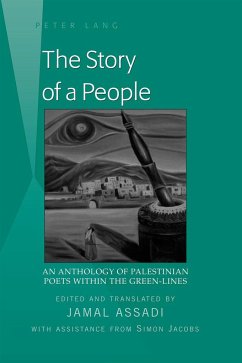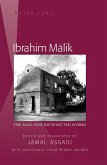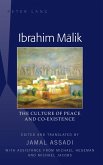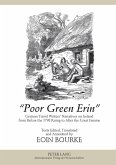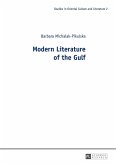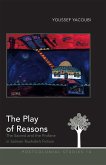The Story of a People is the sixth in a series of volumes on Palestinian writers who compel into unity the contradictions of being Israeli citizens as well as sons and daughters of the Palestinian people. This volume contains the works of forty poets, and offers a variety of themes, styles, contexts, imagery, tones, and language.
The poets, arranged alphabetically, depict a faithful picture of the various aspects of Arab life among what is called, paradoxically, Israeli-Palestinian societies. They present new arenas where opposing factors harmoniously join to struggle for dignity, freedom, and justice. Readers of this volume will encounter serious poems strewn with light and humorous themes and poems of sensual and spiritual love interwoven with poems of the unusual and political. These Israeli- Palestinian poets' distinctive flavor emerges from their ability to challenge norms, fight oppression, and burst open closed doors to tell their own stories - the stories of their plight, alienation, marginalization, and hopes and dreams - in a new magnified voice, first to their community, then to their people and nation, then to their country, and now to the wider English-speaking public.
The poets, arranged alphabetically, depict a faithful picture of the various aspects of Arab life among what is called, paradoxically, Israeli-Palestinian societies. They present new arenas where opposing factors harmoniously join to struggle for dignity, freedom, and justice. Readers of this volume will encounter serious poems strewn with light and humorous themes and poems of sensual and spiritual love interwoven with poems of the unusual and political. These Israeli- Palestinian poets' distinctive flavor emerges from their ability to challenge norms, fight oppression, and burst open closed doors to tell their own stories - the stories of their plight, alienation, marginalization, and hopes and dreams - in a new magnified voice, first to their community, then to their people and nation, then to their country, and now to the wider English-speaking public.
«In this volume Palestinian poets are canonized on the basis of their cognizance and merit; we love the translation because it alerts the outside world to the voice of the average Palestinian who seeks visibility within the confines of identity formation, both inside Palestine and in the Diaspora (Shetat), at a time when the voice of justice has become remote and inaudible. Thank the translator, we must.» (Nabil Alawi, Assistant Professor, Department of English, An-Najah National University)
«This fascinating translation gives non-Arabic speakers a complex glimpse of the vibrant variety, lyrical vigor, and the political or personal intensity of diversely located and variously positioned Palestinian voices.» (Martin Orkin, Professor Emeritus, Department of English, The College of Sakhnin for Teacher Education)
«This fascinating translation gives non-Arabic speakers a complex glimpse of the vibrant variety, lyrical vigor, and the political or personal intensity of diversely located and variously positioned Palestinian voices.» (Martin Orkin, Professor Emeritus, Department of English, The College of Sakhnin for Teacher Education)

